NON TRADITIONAL OR UNCONVENTIONAL MACHINING PROCESSES
Non traditional machining processes are also known as un-conventional metal machining or advance machining processes. The recent increase in the use of hard, high strength and temperature resistant materials in engineering has necessitated the development of newer machining techniques. With the exception of grinding, conventional methods of removing material from a workpiece are not readily applicable to these new materials. New materials such as hastalloy, nitralloy, waspalloy, nimonics, carbides etc., are difficult to machine and which possess tremendous applications in aircrafts, nuclear reactors, turbines, special cutting tools etc. Conventional machining processes when applied to these harder materials have following difficulties which are given as under.
(i) Conventional machining processes are uneconomical to these material,
(ii) Produce poor degree of accuracy and surface finish,
(iii) Produce some stress in the metal being cut whereas newer machining techniques are essentially stress free.
(iv) Theses processes are slow and highly insufficient.
Although most of the new machining processes have been developed specifically for newer materials that are difficult to machine, some of them (processes) have found use in the production of complex shapes and cavities in softer, more readily machined materials.
1. CLassification of Unconventional Machining Processes
Non-traditional or unconventional machining processes may be classified on the basis of the nature of energy employed in machining,
1. Chemical
1. Chemical machining (CHM)
2. Electro-chemical
1. Electro-chemical machining (ECM)
2. Electrolytic grinding (ECG)
3. Electro-thermal
1. Electrical discharge machining (EDM)
2. Electron beam machining (EBM)
3. Plasma arc machining (PAM)
4. Laser beam machining (LBM)
4. Mechanical
1. Ultrasonic machining (USM)
2. Abrasive jet machining (AJM)
3. Water jet machining (WJM)
Source A Textbook of Basic Manufacturing Processes and Workshop Technology by Rajender Singh.


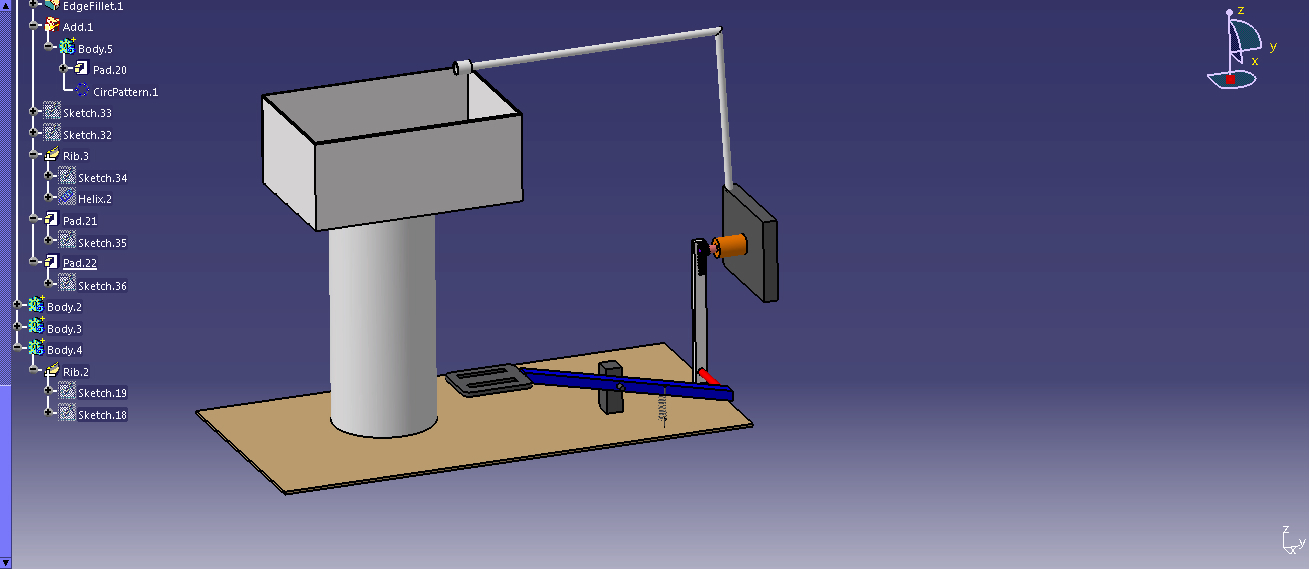


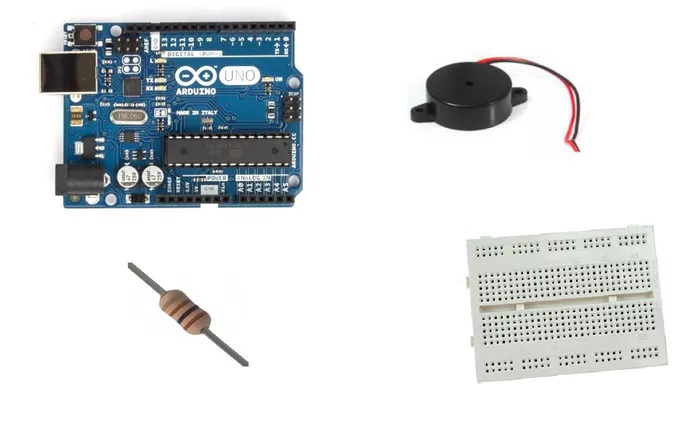
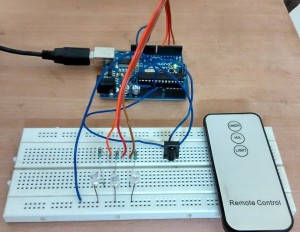

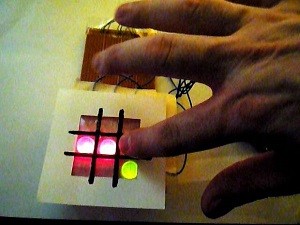
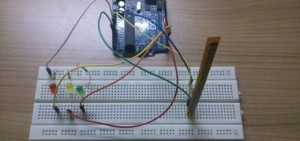
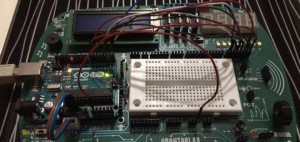
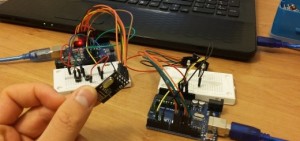
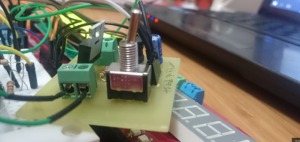
Post Comment
You must be logged in to post a comment.